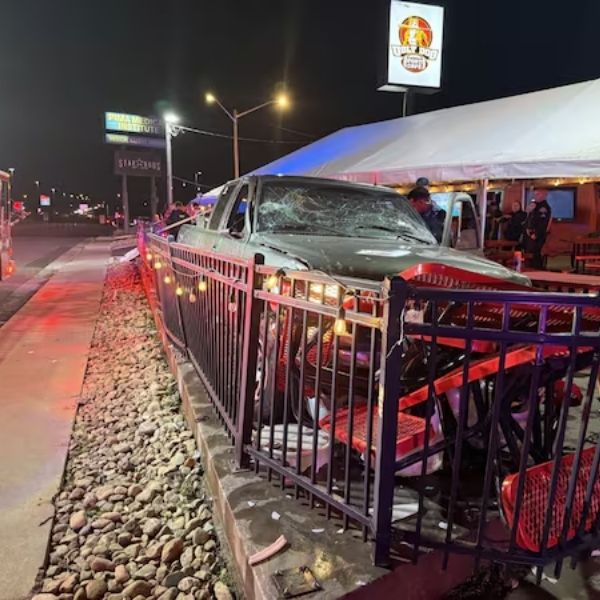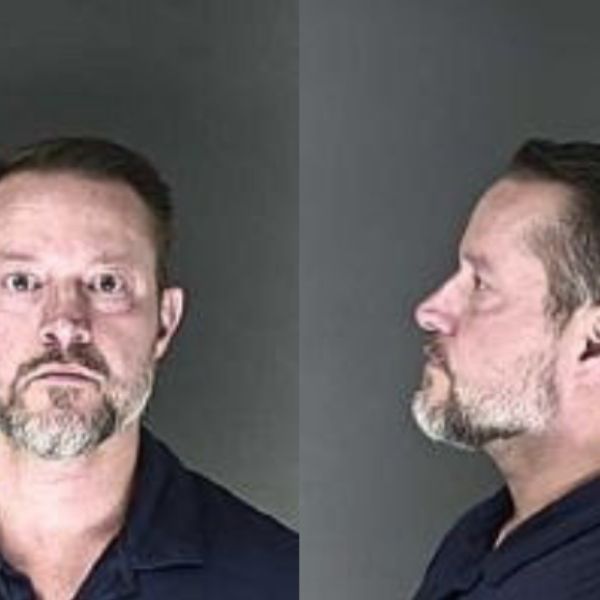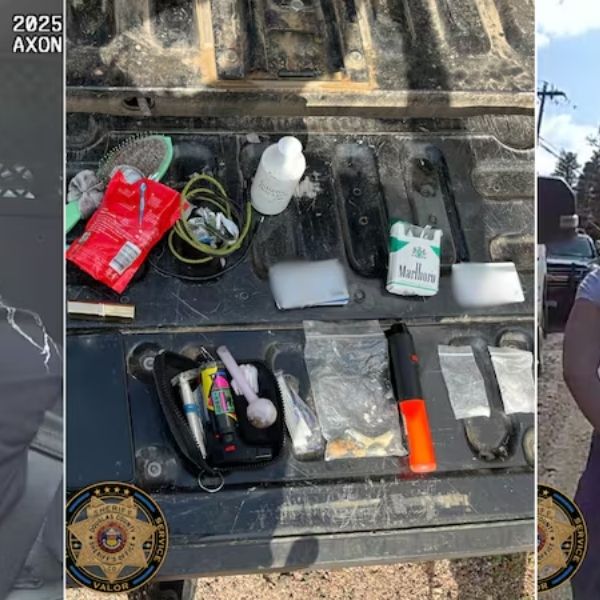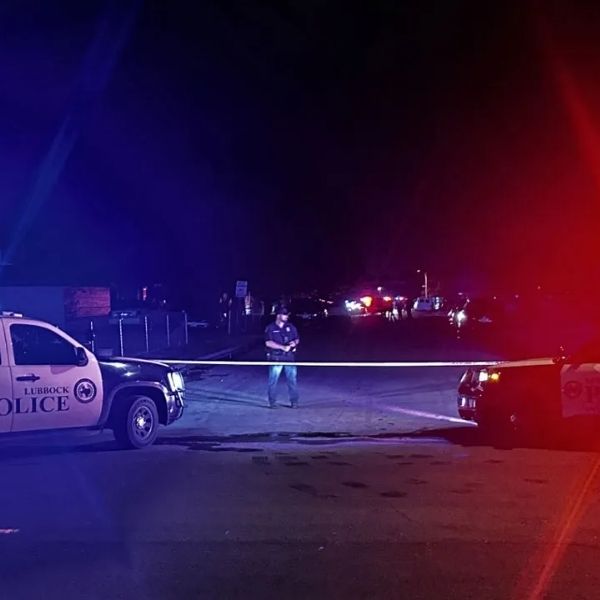Colorado’s second-highest court has thrown out a man’s drug convictions and 25-year prison sentence, ruling that Northglenn police officers violated his constitutional rights by turning a traffic stop into a drug investigation without reasonable suspicion.
Clifton E. McRae was initially pulled over in January 2022 for making an illegal turn. He repeatedly refused officers’ requests to search his truck, but after prolonged questioning, he relented. Officers then discovered methamphetamine and fentanyl.
At trial, a judge allowed the evidence, finding that the officers had grounds to believe McRae might be involved in criminal activity. But on Aug. 14, a three-judge panel from the Colorado Court of Appeals disagreed, ruling the officers lacked the legal basis to expand the stop.
“Though it’s a close call, we conclude that the answer is ‘no,’” wrote Judge Katharine E. Lum.
The court emphasized that under the Fourth Amendment, police cannot extend a traffic stop to investigate unrelated crimes unless they already have reasonable suspicion.
Officer Adam Schroeder, just two months on the job, had seen McRae briefly meet a woman at a 7-Eleven before driving off. Schroeder suspected a drug deal but admitted he couldn’t see what occurred. After pulling McRae over for the traffic violation, Schroeder learned he was on parole but did not know the underlying offense. Backup officer Darren Burton later noticed a plastic bag in the truck and pressed McRae about it, escalating the encounter.
Sixteen minutes into the stop, officers ordered McRae out of the vehicle. He eventually made incriminating remarks, telling them to “just go get” the drugs. However, the trial judge ruled those statements inadmissible since McRae was not read his Miranda rights before interrogation.
On appeal, the state argued McRae had a reduced expectation of privacy as a parolee. But the panel rejected that reasoning, noting the officers were not his parole officers and lacked authority to search his vehicle on that basis.
Lum wrote that Schroeder’s limited observations — a brief meeting at a gas station, McRae’s explanation, and his parole status — did not amount to reasonable suspicion.
The court reversed McRae’s convictions and ordered a new trial without the drug evidence.
This article has been carefully fact-checked by our editorial team to ensure accuracy and eliminate any misleading information. We are committed to maintaining the highest standards of integrity in our content.

Katie is a senior who has been on staff for three years. Her favorite type of stories to write is reviews and features. Katie’s favorite ice cream flavor is strawberry.















Leave a Reply